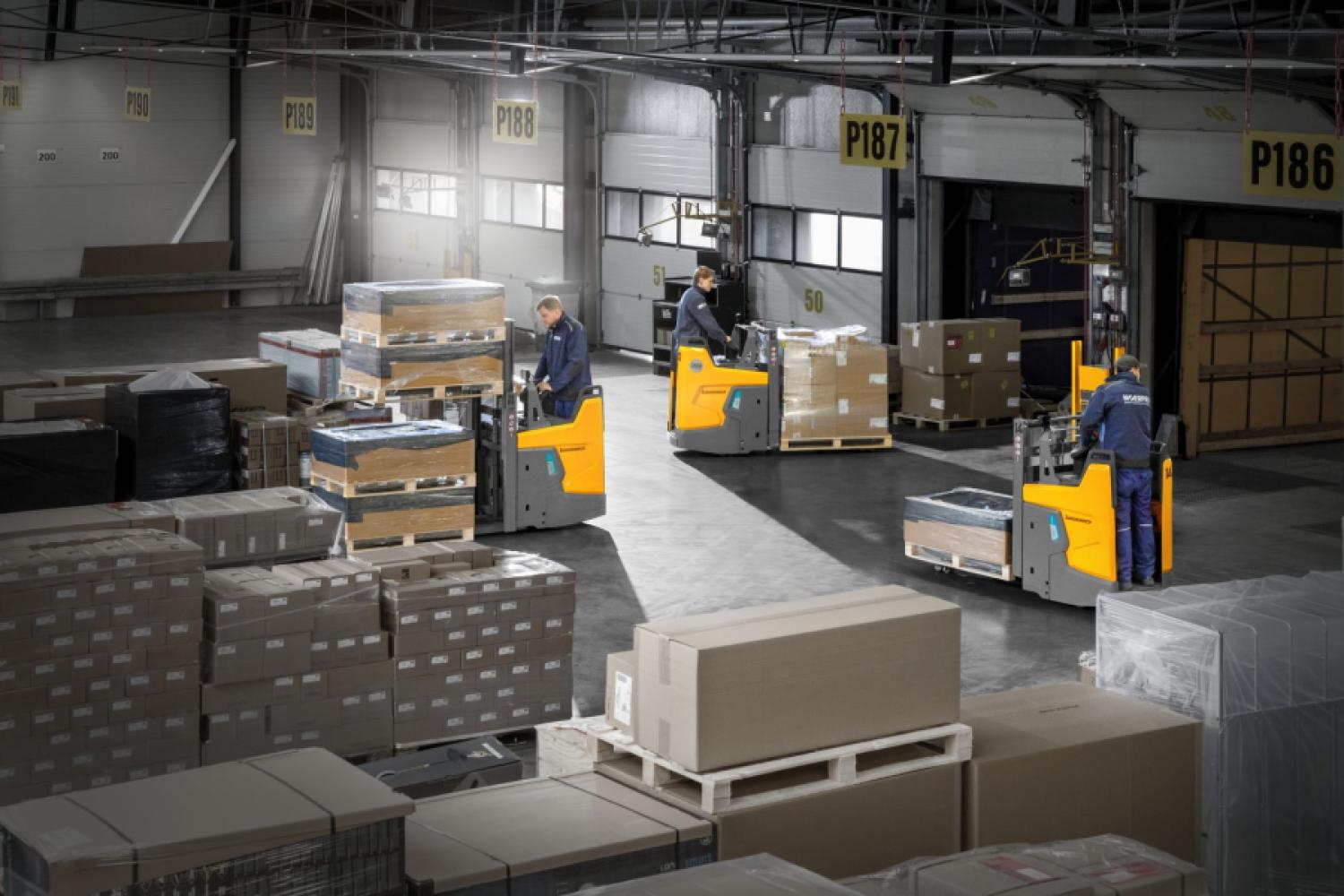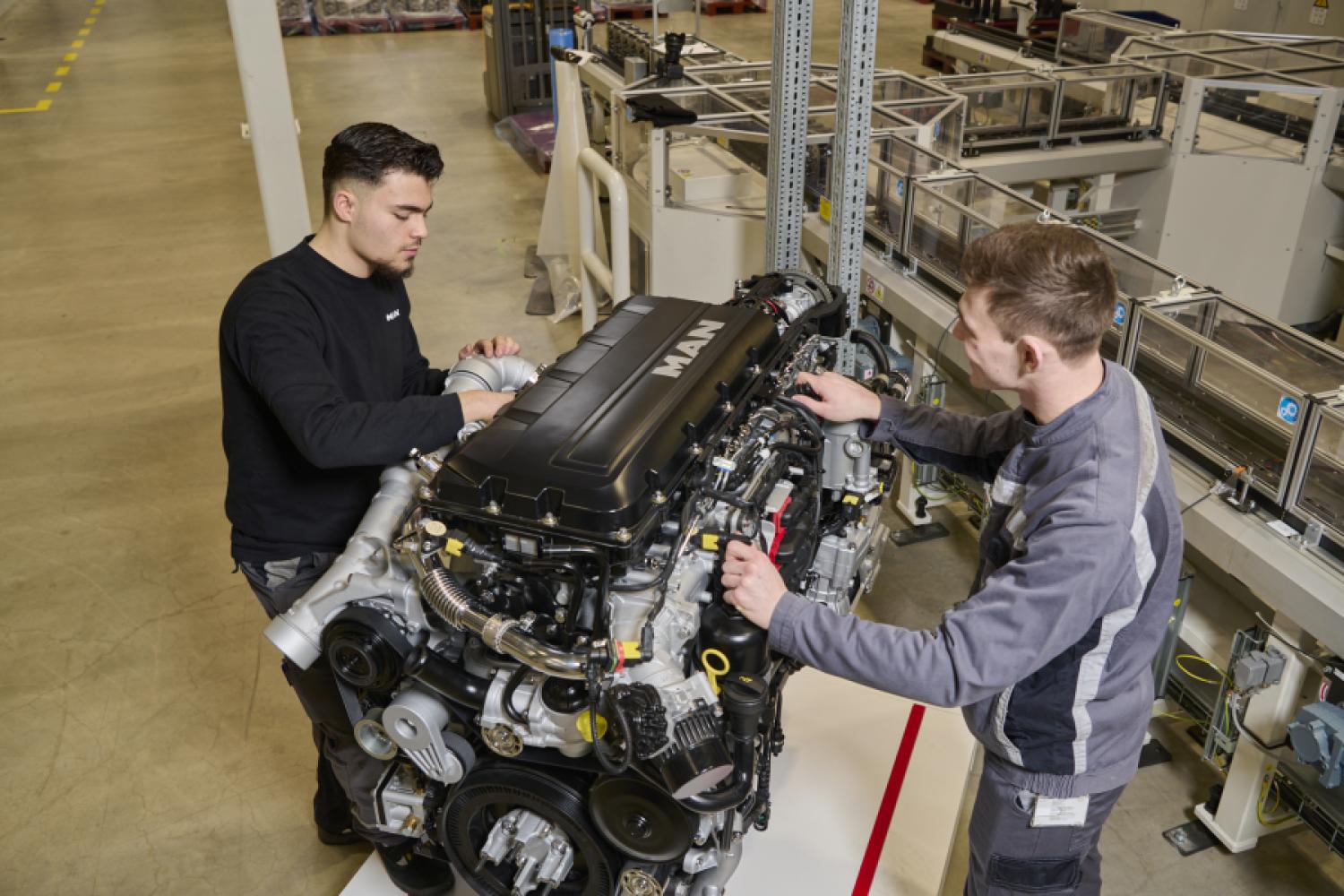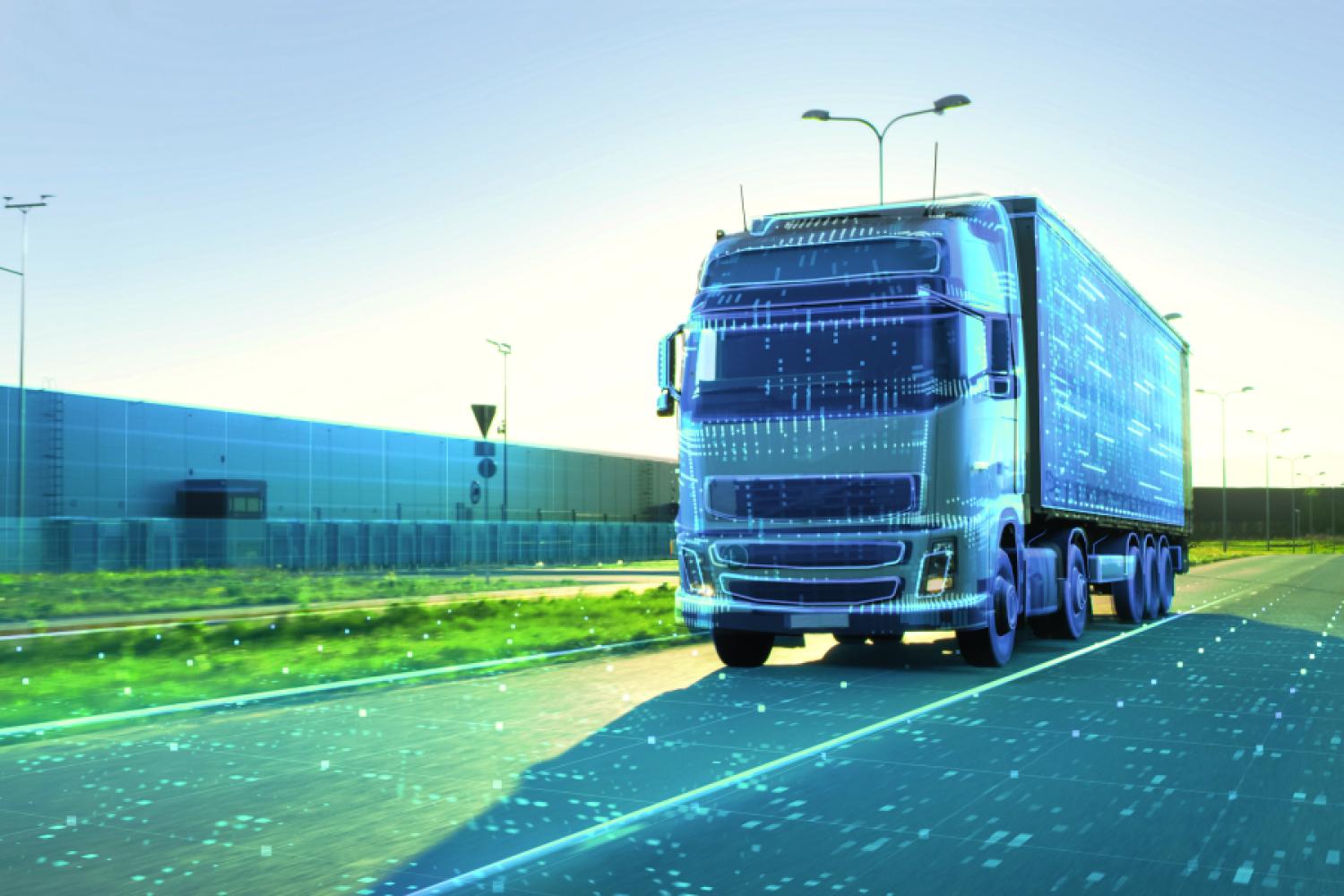Artificial intelligence is considered by many logistics companies to be the key technology of the future. However, its everyday use remains limited so far. This is shown by the "Logistics Trend Compass 2025" from the digital freight forwarder Forto. This results in clear fields of action for transportation companies – but also indications of widespread hurdles.
According to the study, the use of artificial intelligence (AI) and machine learning (ML) will profoundly change the logistics industry in the coming years. However, while professionals and executives see AI-supported applications as the most important future trend in their industry, implementation significantly lags behind expectations.
As reported by Forto, 40 percent of respondents named AI and ML technologies as the most important trend. More than
half (53 percent) expect a high or very high impact on their own industry within the next five years. This assessment is particularly high in supply chain management. But the reality is different: only 12 percent of companies are already using AI extensively. Just three percent currently consider the technologies to be business-critical. The majority are still testing or limiting themselves to individual applications.
For managers in transport and logistics companies, especially in road freight transport, these figures deliver a clear message: Those who deal with concrete application scenarios early on can better position themselves in the competition. However, the study results also show that many companies are struggling with structural hurdles. According to Forto, the biggest barriers are high investment costs,
a lack of technical know-how, and concerns about data protection. 41 percent of respondents cite costs as the main reason for the hesitant introduction of AI, followed by security concerns (36 percent) and a lack of resources (35 percent).
"The potential of AI technologies is now recognized in large circles of our industry," says Guillaume Petit-Perrin, Managing Director of Forto. "However, our study also reveals a significant discrepancy between expectation and reality."
Kamil B. Rodoper, responsible for product development and technology at Forto, emphasizes the importance of clear priorities: "Those who recognize the potential of AI – and especially generative AI – and strategically prioritize industry-specific challenges will shape the logistics of tomorrow." Rodoper refers to experiences with the AI agent "Flash
by forto," which supports operational teams along the entire shipment process with recommendations for action. The goal is to reduce routine activities and focus the specialized staff more on customer needs.
In addition to AI, the study mentions sustainability as another important trend. However, it plays only a subordinate role in the choice of freight forwarders. Assuming equal costs, only nine percent of respondents cite sustainability as the decisive criterion. Service quality (41 percent) and the use of digital technologies (22 percent) are significantly more important.
Therefore, the central insight for transportation companies in road freight transport is: those who invest in strategic digitization initiatives today and empower employees to use AI technologies sensibly will gain real competitive advantages – and not






